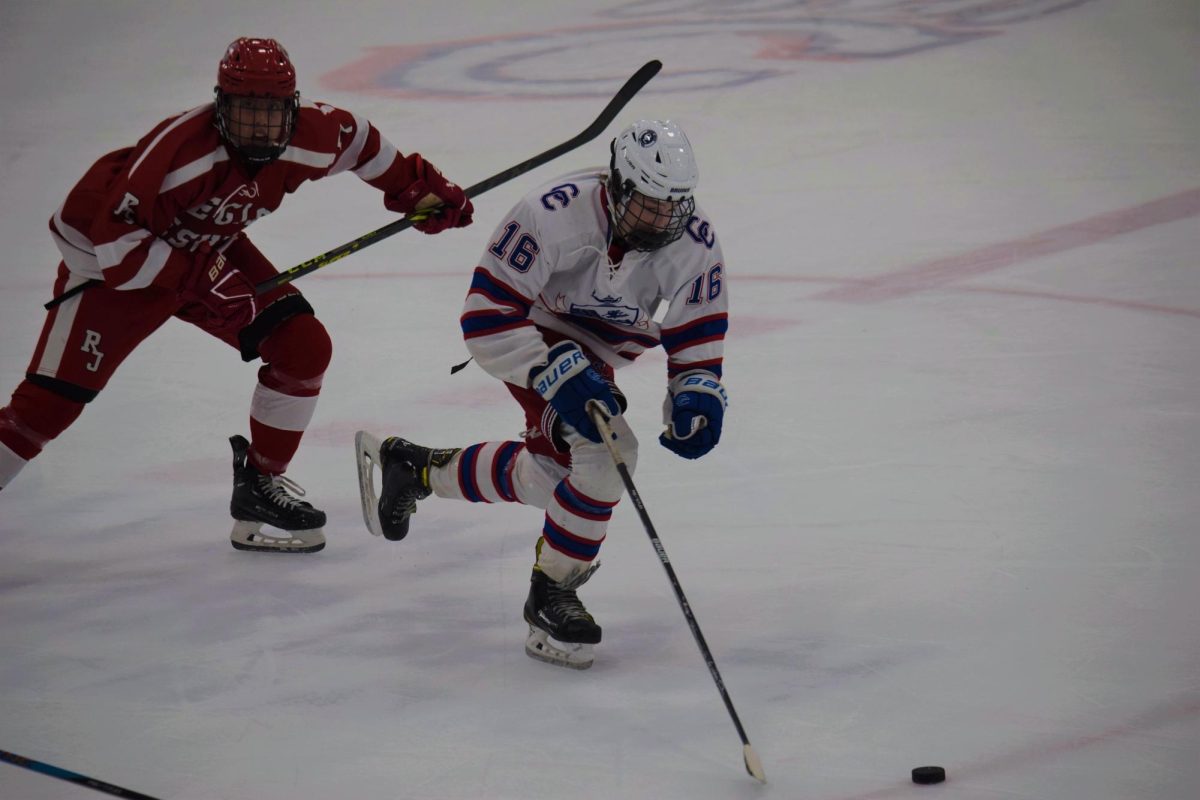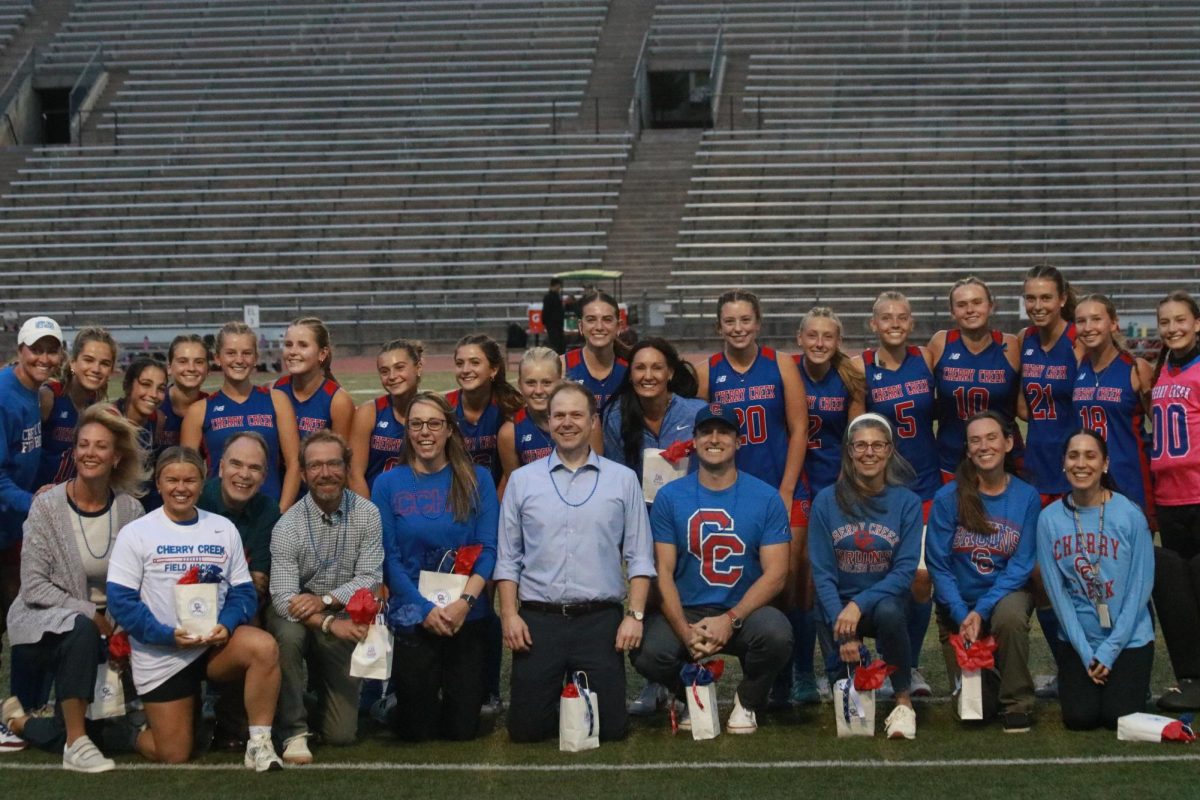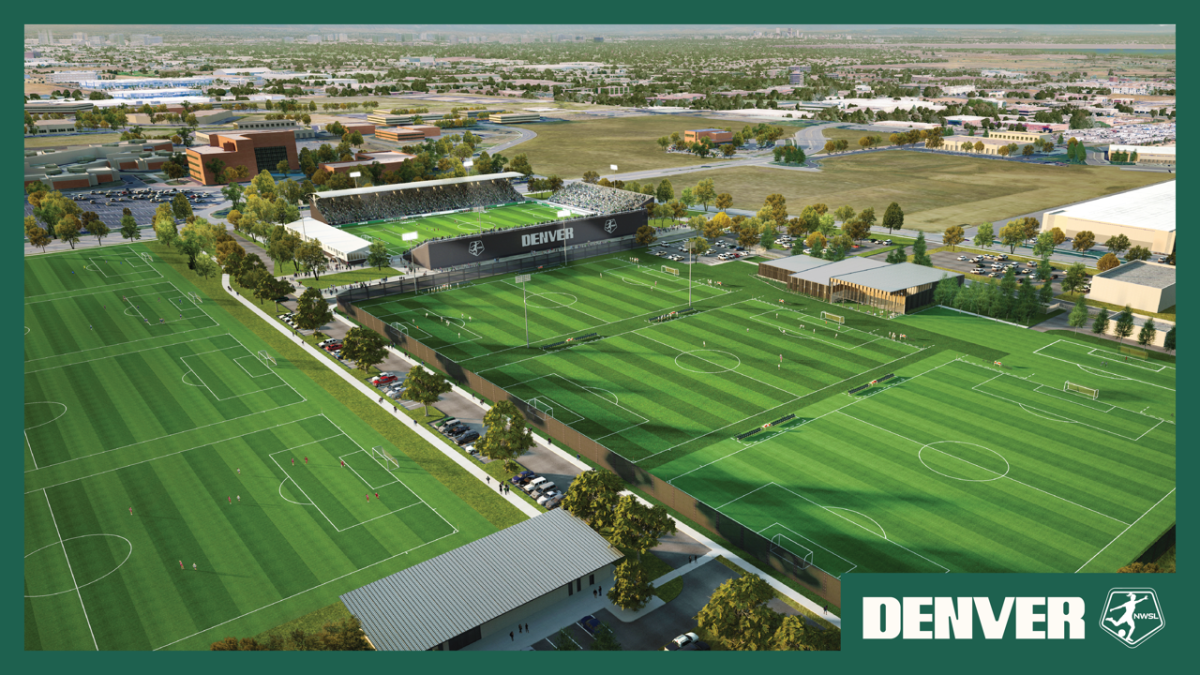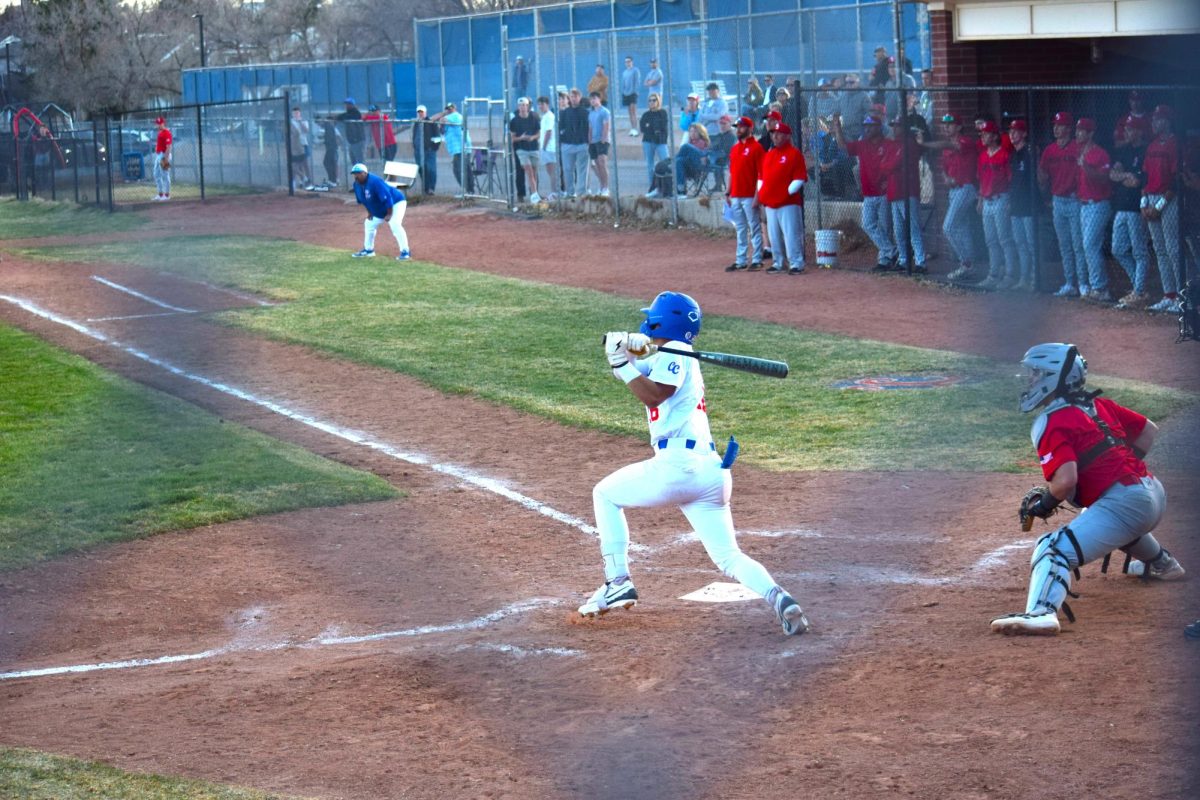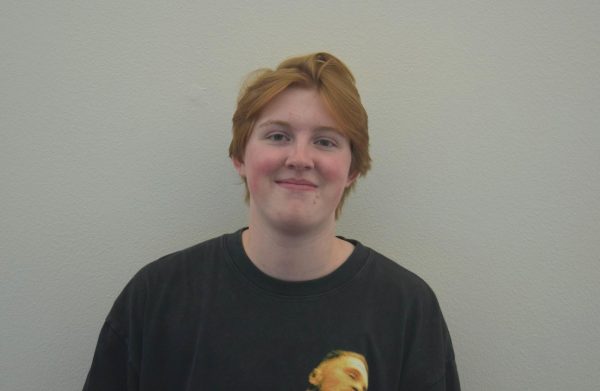Hockey is not only an intense sport on ice, but also off the ice. When graduation rolls around for high school hockey players, they face the pressure of navigating the path that will help start their hockey career.
College hockey and professional leagues look for the best of the best, the highest levels, so coaches help to prepare hockey players to do what is necessary and important to get the best opportunities and reach high levels of success. “Hockey IQ is important: how do players handle different zones?” hockey head coach Jeff Mielnicki said.
‘Hockey IQ’ is how the player interprets the game and their skills alongside their teams. Throughout an athlete’s career, they learn and better understand more about the game as they play more and grow more.
Players have the chance to follow different paths to get closer to playing professional and continuing after high school. Being scouted online is extremely popular here; Creek’s team has many scouts looking for criteria that the school’s players fit.
Scouts will review games and footage online and will reach out to players. “Creek players are often scouted online,” Mielnicki said. “I let our players know exactly what we’re looking for.”
While the process now is simpler because players can be scouted online, playing is not. High school is very important to help prepare players for after graduation and when they join the junior leagues, as it gives many players learning opportunities and lets them know what skills they need to develop.
“Playing [in the junior league] after graduation is a lot easier,” senior Cooper Huang defense (#10) said. “Juniors is like your first step to playing professionally, it gives people the opportunity to play at all different levels and helps with player development if you’re trying to get to the next level.”
Each hockey player is constantly improving, which adds up to more competition and tension between teams on the ice. “You have to work harder than everyone around you, knowing that your competition is attempting to reach that same end goal,” Huang said.
Junior leagues will help to give players the next step into playing professionally, however, the players that do try to move forward in their career will be dependent on their motivation. Despite the pressure, players often lean on their teammates to help maintain relationships.
“When I’m surrounded by my friends and teammates, the stress in my life starts to dissipate…I have a strong relationship with my peers through hockey that will carry on after high school” senior Grayson Helm defense (#23) said.

